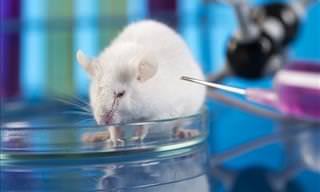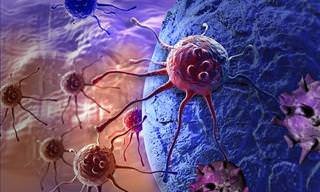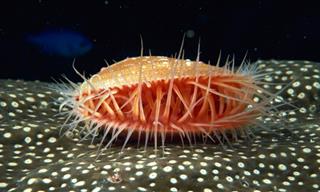|
For many years cancer has taken a toll on people's lives. But possibly, years from now our views on curing cancer may drastically change.
In recent news, scientists are claiming extraordinary success in their first clinical trials among blood cancer patients. So far, this new treatment has only been tested on several dozen patients who would typically have had only months to live - but the results have been incredibly positive. In one study, 94% of participants with Acute Lymphoblastic Leukaemia (ALL), saw their symptoms vanish completely. While patients with other blood cancers had response rates greater than 80%, and more than half experienced complete remission.
|
|
Could this be the new cure for cancer?
Scientists have found success using the immune system's T-cells to target cancer cells. But, how exactly does T-cell cancer therapy work? This form of therapy is divided into two stages:
In the first stage, a sample of the patient's T-cells (a type of white blood cell involved in fighting infections) is taken from their blood. These cells are then taken to the lab where they have genetically modified sensor cells, called antigen receptors, added to them.
The second stage focuses on targeting cancer cells. Here, the modified cells are allowed to multiply. Then, these engineered T-cells are infused back into the patient where the new antigen receptors allow them to target and destroy the cancer.
One of the researchers, Stanley Riddell, of the Fred Hutchinson Cancer Research Center in Washington state says that "there are reasons to be optimistic, there are reasons to be pessimistic." Studies have been conducted on "patients that have failed everything. Most of the patients in our trial would be projected to have two to five months to live". Researcher Chiara Bonini also showed enthusiasm, who said that she has not seen remission rates like those of recent trials in over 15 years, and has referred to this new treatment as a "revolution".
|
|
What are the drawbacks of this new treatment?
So far, tests have only been conducted on certain blood cancers. Researchers have acknowledged that they need to work on tumors and track how long patients would remain in remission (as cancer cells can sometimes hide unnoticed by the body's defenses). Furthermore, T-cell therapy is often considered an option of last resort because reprogramming the immune system can come with dangerous side-effects - and overload defense cells. In the study, twenty patients suffered symptoms of fever, hypotension and neurotoxicity, and two people died. But, the researchers noted that chemotherapy had failed in all patients who participated in the new trials.
So, what are the final thoughts on this new cancer treatment? "Much like chemotherapy and radiotherapy, it's not going to be a save-all," Ridell said, adding, "I think, immunotherapy has finally made it to a pillar of cancer therapy."
Currently, a paper on the ALL research is under review and pending publication.
For an overview on this groundbreaking study, watch the video below:
|
 Go to BabaMail
Go to BabaMail






















































